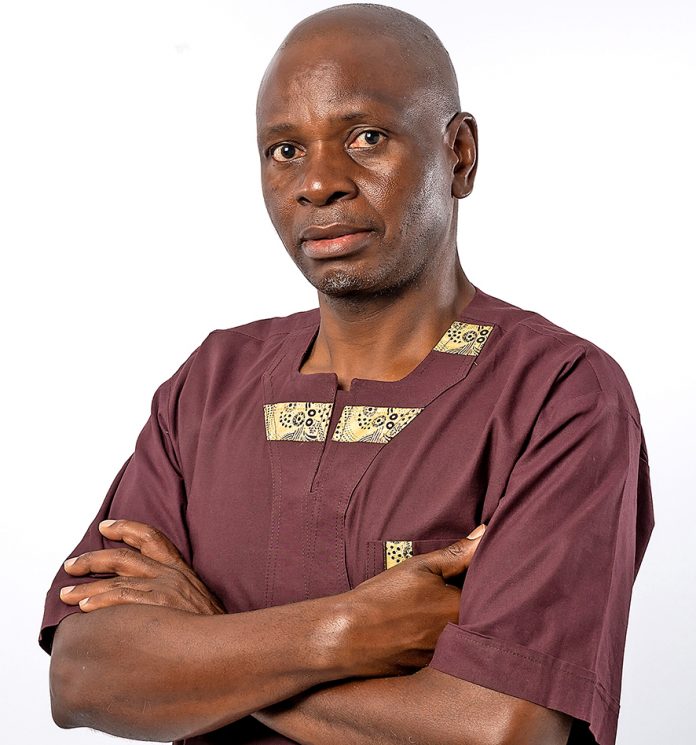Buoyed by the Rhodes Must Fall and the subsequent Fees Must Fall protests in 2015 – which necessitated universities and colleges to take a hard look at the colonial voices that dominate and alienate black students – decolonised knowledge and research got another major boost this month.
The Decolonial International Network (DIN) has appointed University of the Free State (UFS) programme director for Africa Studies, Dr Munyaradzi Mushonga as its first global academic director in a move which will place academia at the centre of the decolonial work, which is mostly conducted by activists.
Mushonga, also a senior lecturer in the Centre for Gender and Africa Studies at UFS, will assume his role next year to coordinate the efforts of academia in decolonial work. “If you look around the world … walk into any Westernised university, who do you read? It is five Western men from Germany, Britain, Spain, Italy and the US. Leading scholars in any subject … are from these five countries.
“What the students found [at Rhodes] was that their curriculum is too white, while a majority of them are black … and demanded a decolonised curriculum,” he said.
“Students read about Marx and they don’t relate. Does it mean that we don’t have African philosophers? No!”
DIN was established in Spain by Professor Ramon Grosfoguel, who was travelling to different universities in Europe to lecture on decolonial knowledge. When he realised that there were pockets of people and organisations who were working on decolonial knowledge in each university he visited, he decided to bring them together to exchange knowledge under an annual conference known as Decoloniality Europe.
“One of Africa’s leading scholars of decolonisation, Professor Sabelo Ndlovu-Gatsheni, was one of the people who attended the 2012 meeting in Spain.”
Ndlovu-Gatsheni founded and coordinated Unisa’s African Decolonial Research Network (Adern) in 2011. Inspired by Grosfoguel, Adern held an annual summer school on decolonial knowledge and research from 2014 to share the work done in this area. Ten years later, DIN has changed its name and will next year have a coordinated effort to amplify it’s work in academia through the work of the global academic director, in a continent that is the most affected by colonialism.
Mushonga said he had begun the groundwork of mobilising for a pluriversal chapter at universities around the world. Also among his plans for next year is the development of the decolonial history app and publishing a decolonial history textbook.
In addition to financial support, Mushonga feels passion is also important in creating an inclusive and harmonious world.
Follow @SundayWorldZA on Twitter and @sundayworldza on Instagram, or like our Facebook Page, Sunday World, by clicking here for the latest breaking news in South Africa. To Subscribe to Sunday World, click here.



